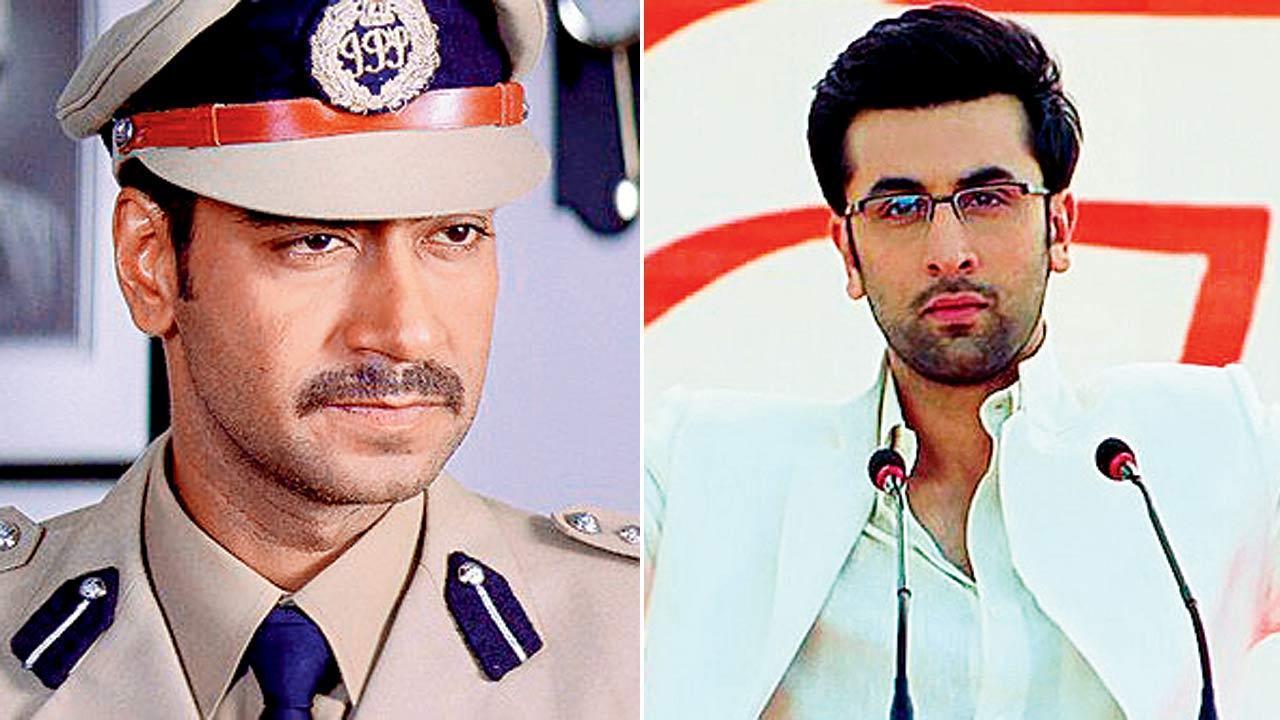
In yet another dramatic chapter of Marta’s illustrious career, the Brazilian soccer legend’s quest for Olympic gold was thwarted by the United States once more, this time at the Paris 2024 Olympic Games. The Parc des Princes in Paris played host to a tense and fiercely contested final, culminating in a 1-0 defeat for the Brazilian women’s national team, a result that left Marta still yearning for the elusive Olympic gold.
The U.S. has long been a formidable obstacle in Marta’s pursuit of international success, forming a recurring theme throughout her illustrious career. Paris 2024 now joins Athens 2004 and Beijing 2008 on the list of Olympic finals where Marta and Brazil fell just short, each time succumbing to the dominance of the American team. This latest heartbreak was authored in stoppage time by a crucial intervention from U.S. goalkeeper Alyssa Naeher, who denied Adriana’s header and ensured the gold would stay out of Brazil’s reach.
Marta, a beacon of talent and tenacity, bids farewell to international soccer after 185 appearances, characterized by her participation in six World Cups and six Olympic Games. At 38 years old, she had announced that the Paris Games would be her last major outing with the national team, hoping for a fairytale ending to a storied career. But as fate would have it, the script ended in familiar disappointment.
The Brazilian forward, often hailed as one of the greatest players of all time, has been a relentless force for her team, earning six world player of the year titles and scoring an impressive 119 goals. However, her career has been shadowed by near-misses in major tournaments. Alongside her three Olympic silvers, she also holds a runner-up medal from the 2007 World Cup – a testament to how close she came to clinching the top prize.
The Paris 2024 final was a poignant end to a tumultuous tournament for Marta. The high emotions were evident; she faced tears of sorrow when a red card against Spain in the group phase threatened to cut her campaign short. Those tears transformed into joy as she watched from the stands, witnessing her team overcoming formidable opponents like France in the quarterfinals. Yet, an appeal to reduce her suspension was overruled, causing her to miss the semifinals, adding another layer of frustration.
Her emotional journey came to a head as she embraced Brazil coach Arthur Elias at the final whistle, a scene that in many ways symbolized the end of an era.
. Marta acknowledged the moment, recognizing the need to pass the baton to the next generation. Fortunately, Brazilian soccer appears robust, thanks to emerging talents that shone through in her absence and during her waning years.
Brazil’s performance in the final highlighted the depth and potential within the squad. Players like Gabi Portilho, Adriana, and Ludmila showcased their attacking prowess, particularly in the first half, where they dominated the chances but failed to find the cutting edge needed to overcome the U.S. It was perhaps telling of Marta’s diminished role that she was not part of the starting lineup but was introduced in the 61st minute, right after Mallory Swanson had given the U.S. the lead.
The crowd at Parc des Princes erupted in appreciation as Marta took to the field, and the atmosphere buzzed with anticipation each time she touched the ball or lined up a free kick. However, the pivotal moment fell to Adriana, whose header was expertly saved by Naeher, extinguishing Brazil’s last hopes of equalizing.
As the final whistle echoed through the stadium, signaling the end of Marta’s international journey, she displayed her ever-present sportsmanship by consoling her teammates and congratulating the U.S. players. This moment of grace underlined her recognition of the fans and her gratitude towards a career that, although without an Olympic gold, was filled with numerous other accolades and memories.
Marta’s Olympic story, which began at just 18 years old in Athens, closes with yet another silver medal. It’s not the gold she longed for, but it is a testament to her persistence and brilliance on the world stage. Her departure marks the end of an era for Brazilian soccer but also the dawn of new opportunities for the national team, inspired by the legacy she leaves behind.
As the curtain falls on Marta’s international career, one cannot help but reflect on her impact on the sport, the barriers she broke, and the countless hearts she touched through her sheer passion and talent. Her journey may not have ended with gold, but it remains gilded in the respect and admiration she has garnered from fans and peers alike.










